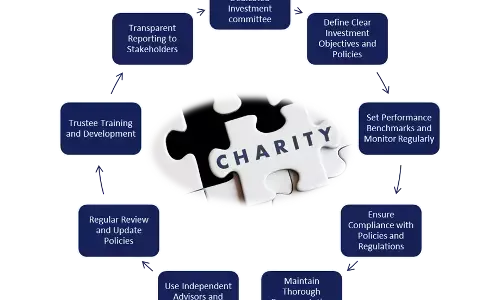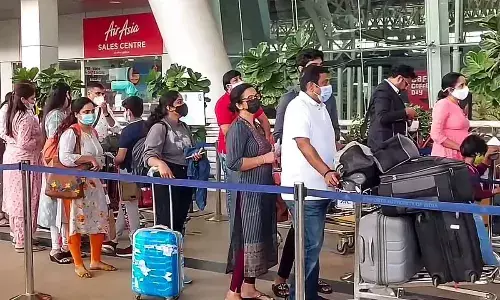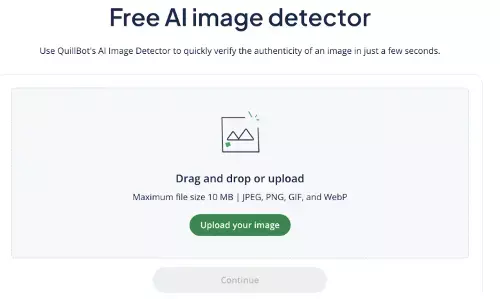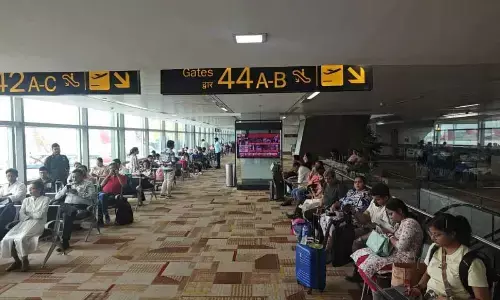Identify drug-resistant bacterial infections in minutes
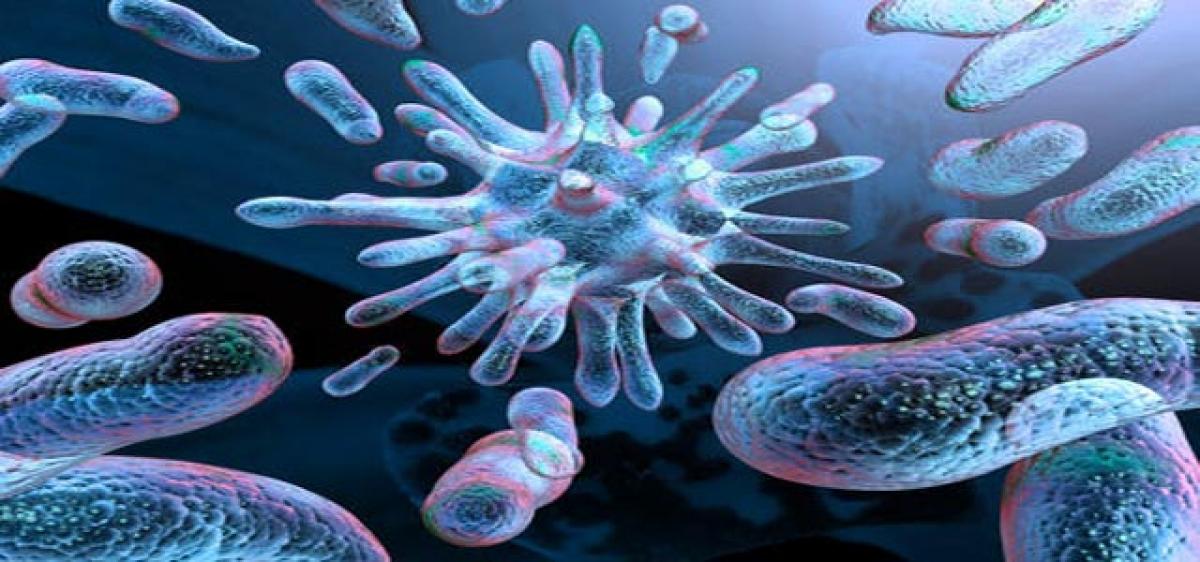
Researchers have found that a new test which takes just around 15 minutes can help diagnose some the most dangerous and drug-resistant types of bacterial infections.
Researchers have found that a new test which takes just around 15 minutes can help diagnose some the most dangerous and drug-resistant types of bacterial infections. What is more, the researchers said, the test costs less than one dollar and can be carried out using equipment already owned by most hospitals.
"The exciting thing about this technique is that it relies on technology that is already available in most hospitals. This means that it could be rolled out quickly and cheaply, and potentially have a rapid impact on tackling drug-resistance," said one of the researchers Gerald Larrouy-Maumus from Imperial College London.
Bacteria have been gradually evolving to become resistant to the antibiotics used to treat them. Over the last few year, scientists have found evidence that some bacteria have become resistant to a last resort antibiotic called colistin. Knowing which patients have these most dangerous infections means it is possible to use quarantine measures to halt their spread and stop the rise of drug resistance, the researchers said.
In a presentation at the 27th European Congress of Clinical Microbiology and Infectious Diseases (ECCMID) being held Vienna, Austria from April 22-25, the researchers described how they were able to test bacteria to quickly tell whether they were resistant to colistin, and how easily they might pass this resistance on to other bacteria.
Previous research has shown two different types of colistin resistance exist in bacteria. One type, called chromosome-encoded resistance, can only be passed on when bacteria grow and divide to form new bacteria cells. The other type, called plasmid-encoded resistance, is considered more dangerous because it can be passed on from one type of bacteria to another completely different type of bacteria.
The team tested 134 different colonies of bacteria using a machine called a mass spectrometer. Mass spectrometers are found in testing labs at most hospitals where they are used to analyse various different molecules. They found that it was possible to distinguish not only between those bacteria that are colistin resistant, and those that are not, but also which bacteria have the more dangerous plasmid-encoded resistance.


